
In the early months of my life as a Christian, I found myself continually comparing Christianity with Mormonism. When Christians offered a religious experience as confirmation of the truth of Christianity, for example, I quickly compared this to the claims of my Mormon family. The experiences of my family clearly did not lead them to the truth. When Christians told me I needed to presuppose the authority of the Bible before I could assess the truth of the Bible, I quickly compared this approach to my Mormon brothers and sisters. The efforts of my family to presuppose the authority of the Book of Mormon clearly did not lead them to the truth. When Christians defended what they believed with an approach lacking evidential strength, I quickly compared this with the defenses offered by my Mormon family. The non-evidentialism of my family clearly failed to lead them to the truth. At every turn, I recognized the important role of evidence in distinguishing truth from fiction. Evidentialism not only lead me to Christianity, it protected me from Mormonism.
Of course it didn’t hurt that I had been a detective for many years when I first became interested in the claims of Christianity, but I really don’t think my journey (or my current approach to Christianity) would look all that different had I been employed as an architect at the time. Most of the Mormons I know who have come out of the LDS Church (and are now Christians) are similarly committed to an evidential view of their Christian faith. In fact, many of these people, like me, rejected Mormonism once they discovered the evidence for themselves. As Mormons, they had been embracing a view of faith independent of any evidence (aside from their personal experience). They avoided “anti-Mormon” literature describing the evidential case against Mormonism and embraced the claims of the LDS Church in spite of the evidence. As Christians, they now understand the power of evidence and its role in determining truth. Like me, they are now unafraid of literature opposing Christianity. They’ve moved from belief in spite of the evidence to belief because of the evidence.
I’m an evidentialist because the evidence protected me from error and guided me to the truth simultaneously. In the years since becoming a Christian, I often compare the two religious systems as I assess the ongoing role of evidence in my daily Christian walk. My investigative, evidential approach to Christianity provided me with an appropriate tool set for investigating the claims of Christianity, helped me develop a Biblical definition of “faith” and allowed me to distinguish truth from error. That’s why I’m a Christian evidentialist today, and that’s why I’m so committed to sharing this approach with others.

J. Warner Wallace is a Dateline featured Cold-Case Detective, Senior Fellow at the Colson Center for Christian Worldview, Adj. Professor of Christian Apologetics at Talbot School of Theology, Biola University, author of Cold-Case Christianity, God’s Crime Scene, and Forensic Faith, and creator of the Case Makers Academy for kids.
Subscribe to J. Warner’s Daily Email






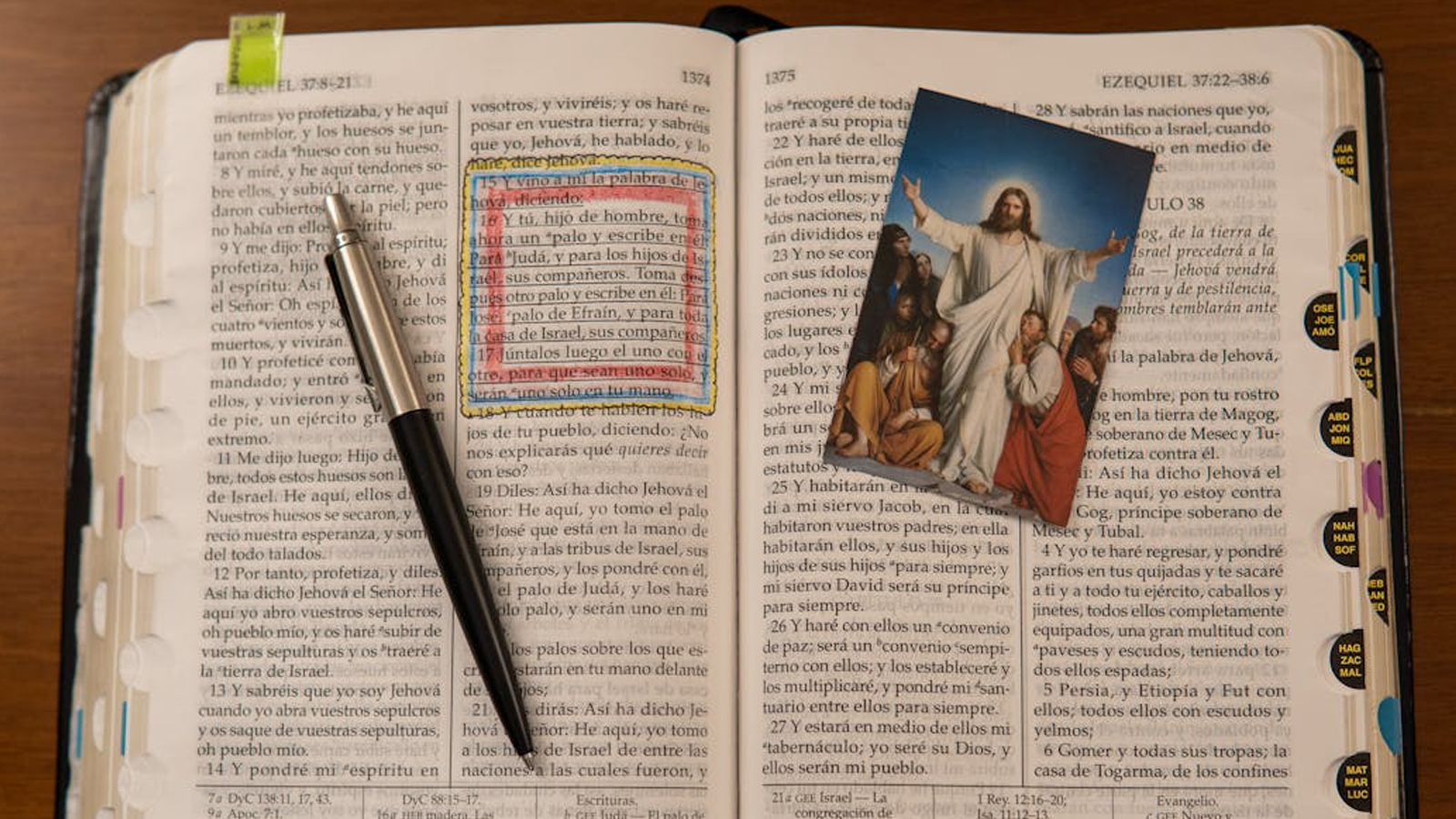


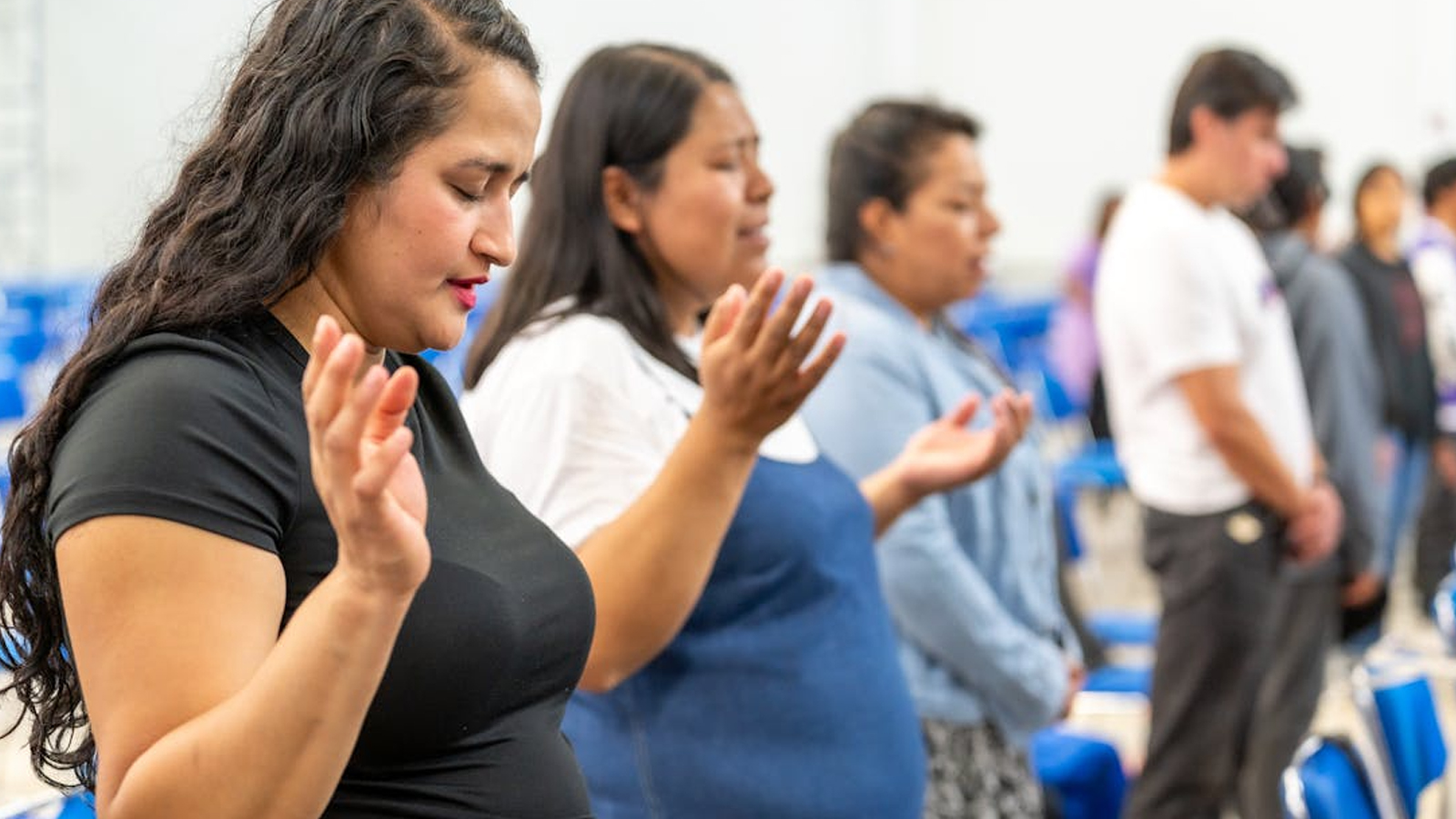
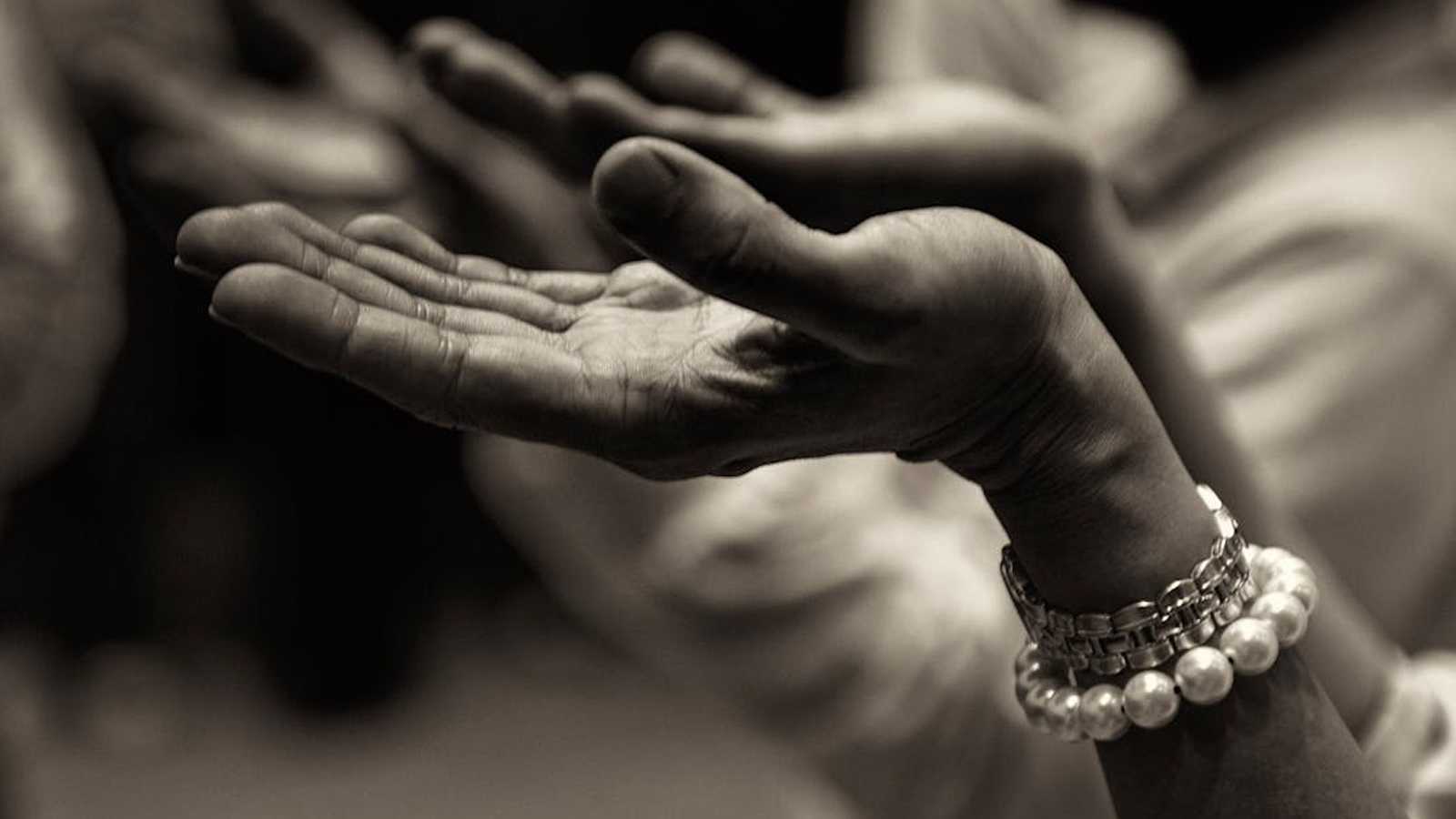
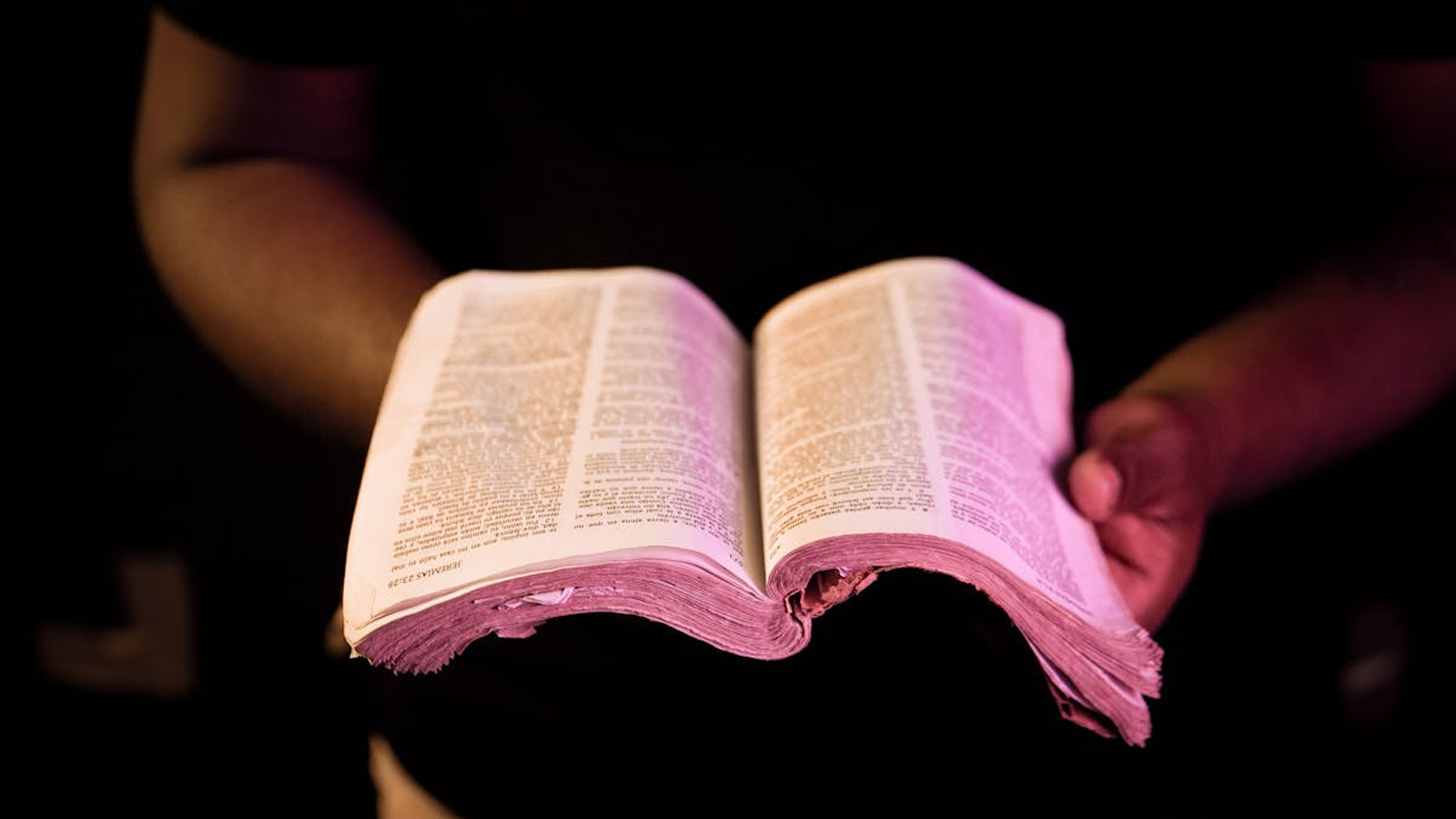


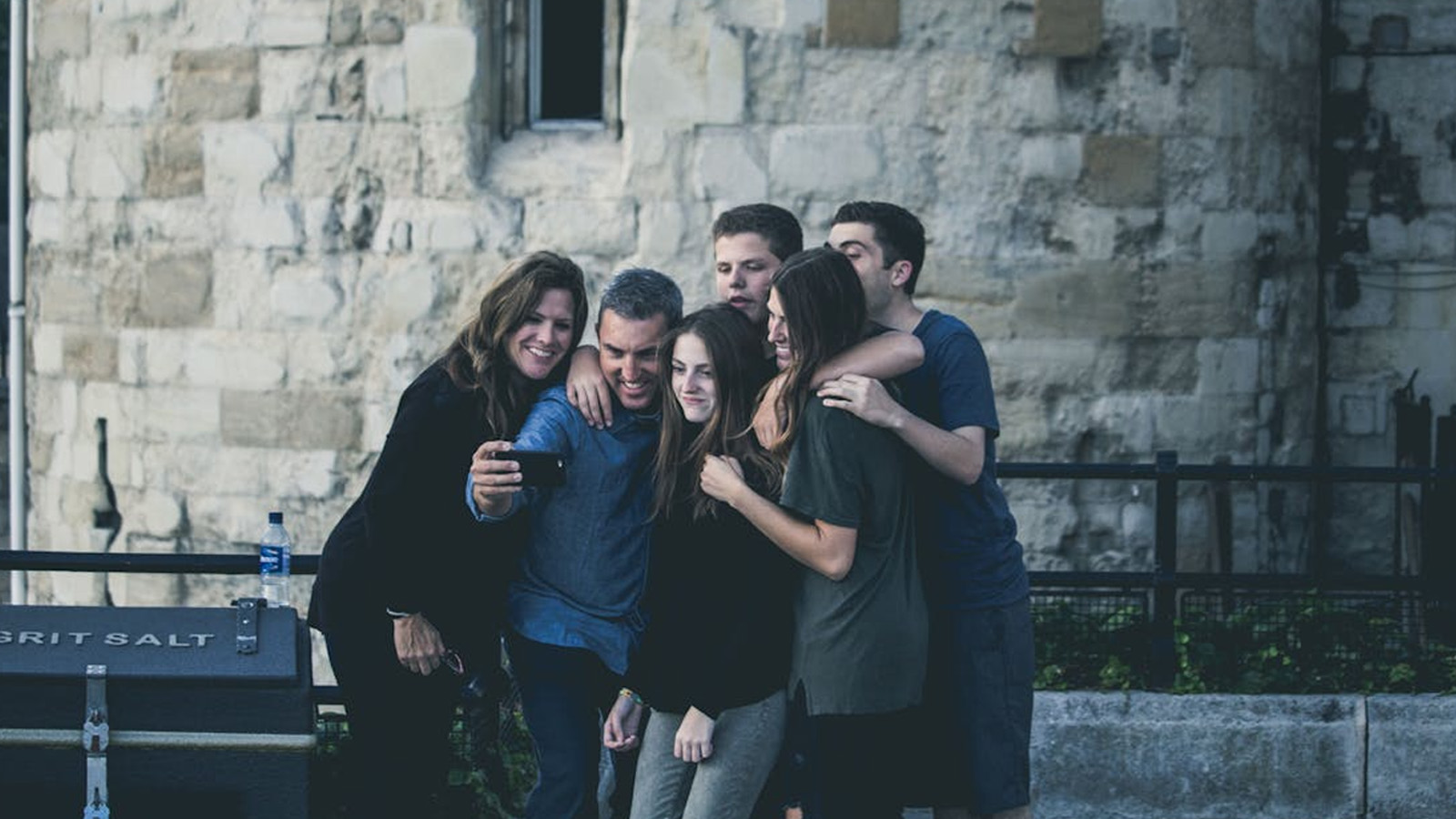


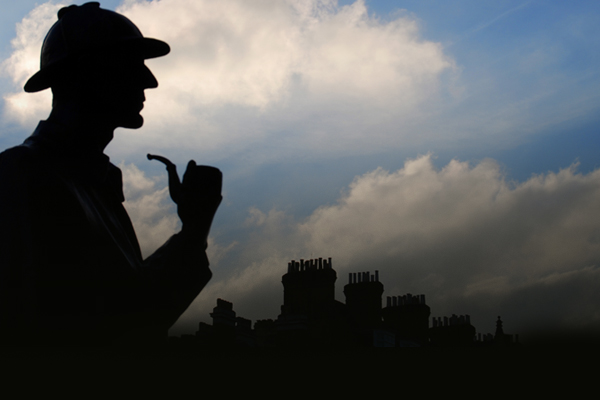


Pingback: Why I’m A Christian Evidentialist | J. Warner Wallace | Reference Shelf for the Kingdom of God
Pingback: How Mormon of Me: A Response to J. Warner Wallace | Apologetics118
Pingback: Apologetics isn’t just for other people, it helps you avoid false views, too | Wintery Knight
Pingback: Really Recommended Posts 8/8/14- 666 and the Beast, Evidentialism, Pascal, and more! | Christians Anonymous
Pingback: The Smithsonian on the Book of Mormon – Cyber Penance
Pingback: Investigating the Evidence for Mormonism In Six Steps – Uncaged Lion